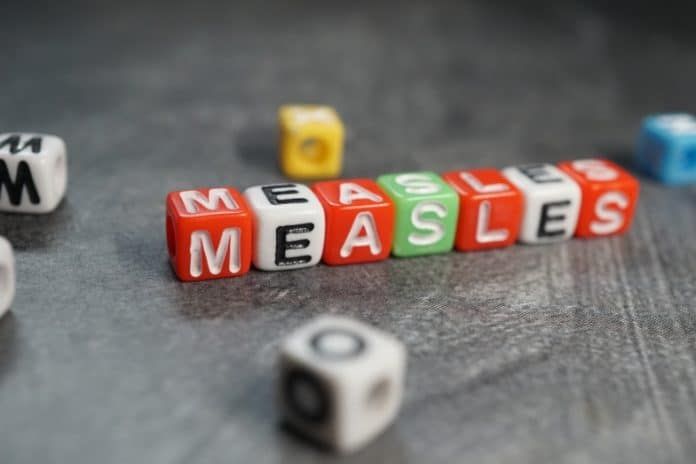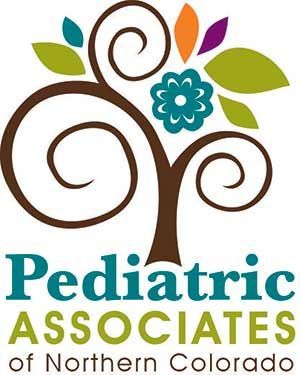Measles Outbreak: How To Protect Your Family
With measles cases across the country breaking records, many families are contacting us to understand how they can best protect their children and themselves. This article was created to answer some of those frequently asked questions.
With measles cases across the country breaking records, many families are contacting us to understand how they can best protect their children and themselves. This article was created to answer some of those frequently asked questions.
ABOUT THE MEASLES VIRUS
Measles is a highly contagious, airborne viral illness. So contagious, in fact, that if someone with an active measles infection was in a room even two hours earlier, an unprotected person walking into that same room has a 90–95% chance of getting measles. The virus can be transmitted from four days before the rash becomes visible to four days after the rash appears. So, in areas of the country where there are numerous active cases and the virus is spreading, it is incredibly important to make sure your family is protected.
THE MEASLES VACCINE
The good news is that there is a safe and effective measles vaccine. The measles vaccine is currently part of two licensed combination vaccines: the MMR (measles-mumps-rubella) and the MMRV (measles-mumps-rubella-varicella) vaccines. There is no single-component measles vaccine currently available.
THE VACCINATION SCHEDULE
MMR is routinely first given to children at 12–15 months of age per the standard schedule. The second dose of MMR is routinely given between 4–6 years of age. If you live in – or are traveling to – a region where there is a current measles outbreak, and your child has only had their first vaccine, then you should discuss getting the second vaccine early with your doctor. It takes 10–14 days for the body to build up protection from the vaccine.
Why don’t we give the second dose early for everyone? Unlike the measles vaccine, which gives a patient lifetime immunity after those two shots, we know the mumps protection starts to diminish after 7–10 years. We don’t want to create a new problem with more mumps in the future, although it is already a problem at some college campuses and other places.
HOW TO PROTECT YOUR INFANT
How can I protect my infant who hasn’t yet received the 12 month MMR? If your child is at least 6 months old, they can receive a shot early. However, this will be considered “dose zero” and will give them temporary protection. They will still need the routine two doses at 12–15 months and 4–6 years of age. Children under 6 months of age are not eligible to receive MMR vaccine. Antibodies circulating from their mothers prevent them from having an appropriate response to the vaccine. Our best advice for traveling with infants to an outbreak area, either in the U.S. or abroad? Whenever possible, don’t go.
YOUR FAMILY AND MEASLES
What about parents, grandparents, aunts, and uncles? People born prior to 1957 are considered immune. Measles was widespread before the vaccine, and because of the highly contagious nature of the virus, those people are considered immune. Anyone who was given two doses of the vaccine or has proven measles immunity by antibody titers (blood work) is considered protected. There is no indication for a third measles vaccine. If you are unsure of your immunity, or you have only had one vaccine, the Centers for Disease Control (CDC) has great information.
WHY VACCINES MATTER
Remember, we are not only protecting our families, but also those vulnerable members of our community who cannot get the vaccine. These individuals may remain unvaccinated because: They are an infant and too young to be vaccinated. They are undergoing treatment for cancer. They have immune deficiencies or are immunosuppressed because they have had an organ transplant. Thank you for keeping our community as safe as possible and contributing to herd immunity. If you have declined the MMR vaccine for your child (something we do NOT recommend), and your child is ill or has been exposed to measles, then we would like your child to be seen in the emergency room.
If you seek care at Pediatric Associates of Northern Colorado, we would like to know in advance, and we will ask you to bring your child in through a side entrance with a mask. This will decrease the exposure to our patients in the waiting room. If you have any questions about measles, please don’t hesitate to call us.



